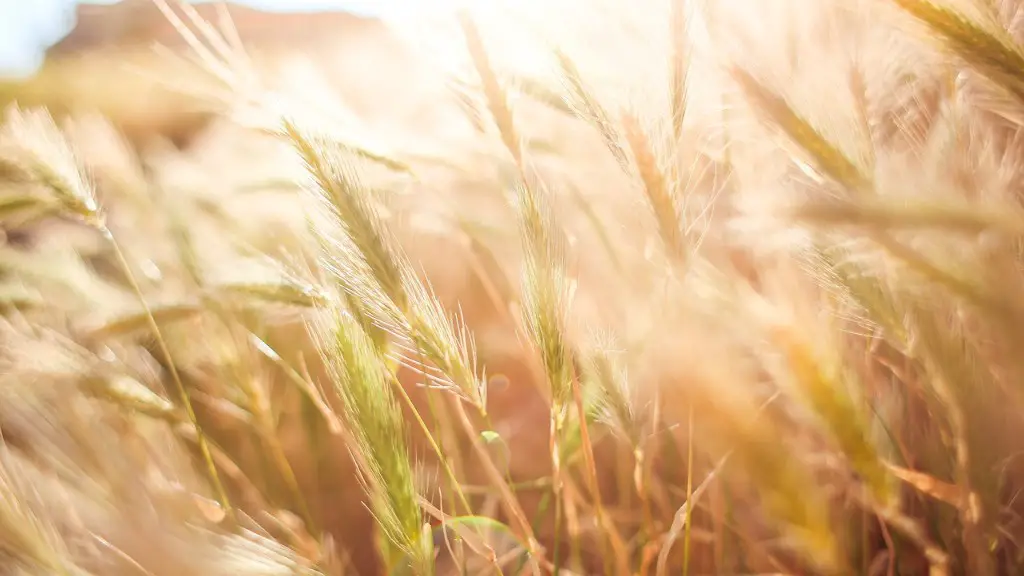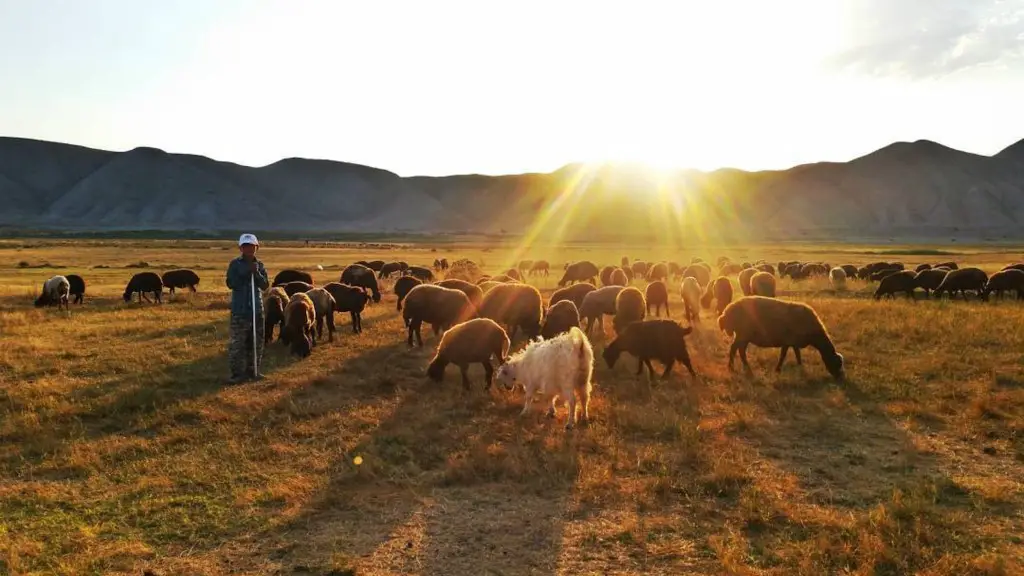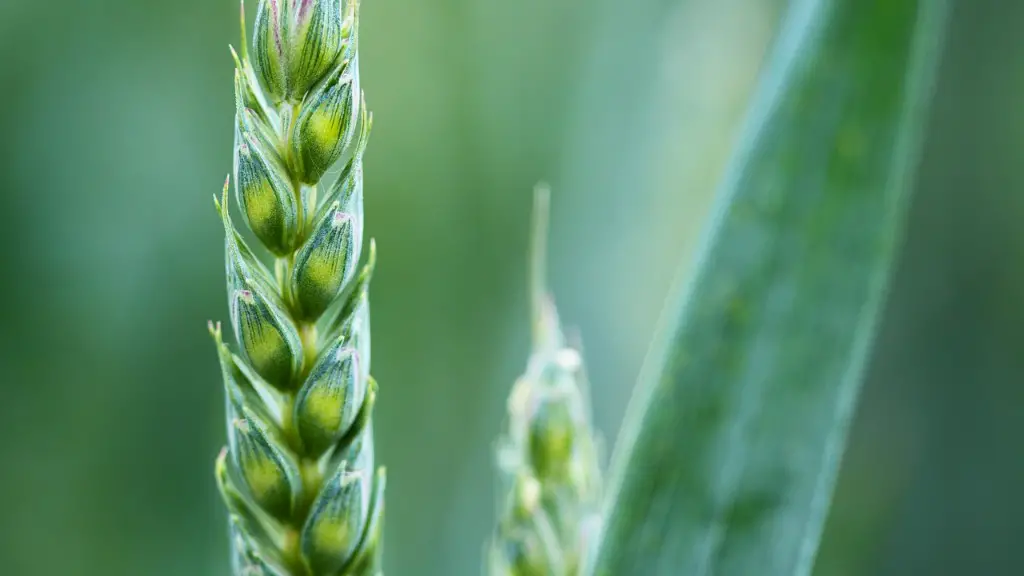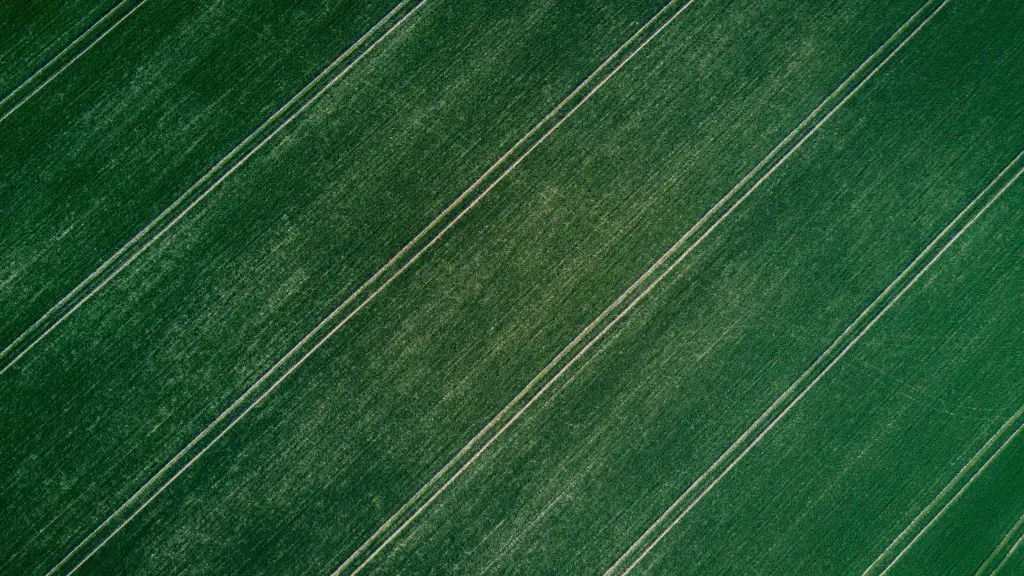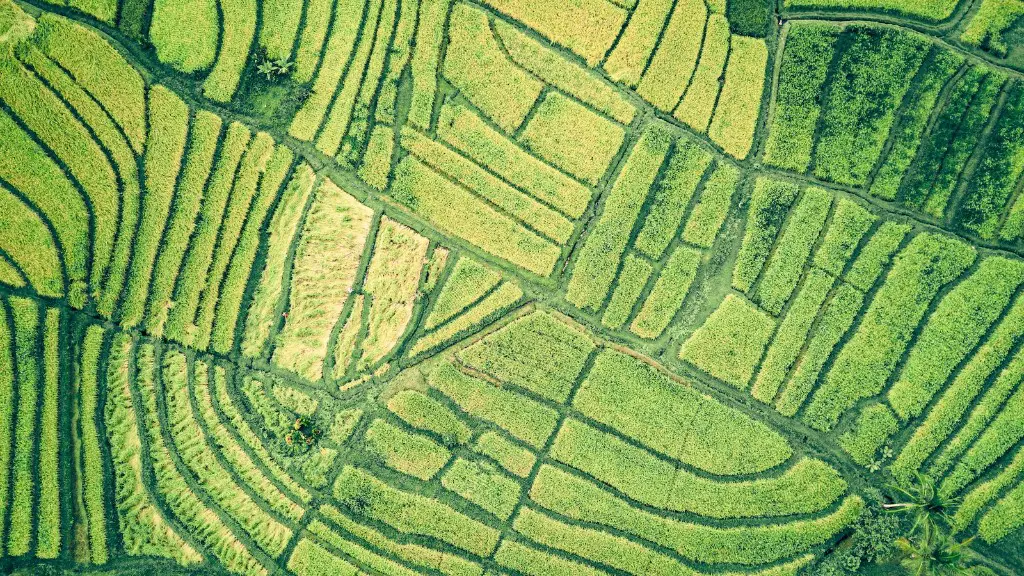Pesticides are widely used in agriculture to protect crops against insects, weeds, and other pests. However, the overuse of pesticides can lead to environmental pollution and human health problems. Luckily, there are steps farmers can take to reduce pesticide use while still maintaining crop yields. Here are some tips on how to reduce pesticide use in agriculture:
To reduce pesticide use in agriculture, farmers can use Integrated Pest Management (IPM) practices. IPM involves using a combination of pest control methods, including biological control, crop rotation, and resistant varieties.
What are 3 ways to reduce pesticide residue on your fruits and vegetables?
Pesticides are used to protect crops from insects, rodents, and other pests. However, they can also be harmful to human health if not removed properly. Fruits and vegetables can be soaked in salt water, bicarbonate of soda, or vinegar to remove pesticides. Soaking in salt water using Himalayan salt or sea salt for 20 minutes is an effective way to remove pesticides. Bicarbonate of soda can also be used to clean fruits and vegetables. Soaking in vinegar and water for 20 minutes is also an effective way to remove pesticides.
Pesticides can be extremely harmful to the environment. They can contaminate soil, water, turf, and other vegetation. In addition to killing insects or weeds, pesticides can be toxic to a host of other organisms including birds, fish, beneficial insects, and non-target plants. Pesticides can also contaminate groundwater, which is a major source of drinking water.
What can farmers use instead of pesticides
Bacteria and fungi are often used as biopesticides because they are target-specific, so they can be used to control specific weeds or insect pests. Plant-derived substances such as corn gluten, black pepper, and garlic compounds can also be used as biopesticides to control insects.
Pesticides can be extremely harmful to both humans and the environment if not used correctly. It is important to take precautions to reduce your exposure to these chemicals. Some simple recommendations include preventing pests from entering your home or garden in the first place, using non-chemical methods to control pests when possible, and carefully following the label directions when using pesticides. By taking these simple steps, you can help to reduce the risks associated with these products.
What can we do to stop pesticides?
Crop rotation and the use of resistant crop varieties can reduce the need for pesticides. Monitoring fields for actionable levels of activity rather than routine scheduled spraying is also advised.
Pesticides are chemicals used to kill or control pests. Pests can be insects, rodents, fungi, or weeds. Pesticides can be found in a variety of places, including your home, at school, or at work. Pesticides can get inside your body from eating, drinking, breathing them in, and by skin contact. The most effective way to reduce risk for pesticides is to use integrated pest management and avoid using pesticides.
How can we reduce the impact of pesticides on natural enemies?
Pesticides are substances used to kill or control pests. Some pesticides are selective, meaning they only kill certain types of pests, while others are non-selective and will kill any type of pest they come in contact with. Persistent pesticides are those that remain active for a long time after they are applied, while non-persistent pesticides break down and become inactive more quickly.
When choosing a pesticide, it is important to consider its selectivity and persistence, as well as its potential effects on natural enemies and pollinators. Non-selective, persistent pesticides should be avoided, as they can cause collateral damage to non-target species. Pesticides should also be chosen based on their effectiveness, with those that have the least adverse effect on natural enemies and pollinators being preferred.
Pesticides are an important tool for farmers to protect their crops from pests and weeds. Without pesticides, crops are more susceptible to damage from weeds and pests, which can reduce yields and quality. Pesticides help farmers produce a safe and high-quality food supply for the world.
How can we protect crops without pesticides
The use of pesticides in gardens has come under scrutiny in recent years. Many people are concerned about the possible health hazards posed by these chemicals. There are a number of ways to have a healthy garden without the use of pesticides. One way is to build healthy soil with compost and mulch. This will help the plants to be more resistant to pests and diseases. Another way is to plant right for your site. This means choosing plants that are suited to the conditions in your garden and are more likely to be healthy and pest-free. Another way to avoid pests is to practice smart watering. This means only watering the plants when they need it and not over-watering them. This can help to prevent diseases which can be spread by water. Finally, you can learn to live with a few insects. Some insects are actually beneficial to gardens as they help to pollinate plants or eat other pests. If you do have a problem with pests, try using pesticides as a last resort. There are a number of less-toxic pesticides available which are less likely to pose a risk to human health.
The new study found that soaking fruits and vegetables in a baking soda solution for just two minutes can significantly reduce the levels of two common pesticides. The researchers say that this simple, affordable technique could offer consumers another way to reduce their exposure to pesticides.
How do organic farmers control pests without pesticides?
Organic pest management is a set of techniques used to control pests while minimizing the impact on the environment. These techniques can include the use of pheromone traps, release of beneficial insects, use of trap crops, and other organically approved techniques.
Pests can be a big problem for gardeners and homeowners alike. While there are many chemical pest control products on the market, these can be harmful to the environment. Luckily, there are a number of eco-friendly pest control methods that are just as effective.
One great way to keep pests away is to plant herbs such as mint, basil, lavender and rosemary in your garden. These herbs not only smell great, but they also deter many common pests.
Another eco-friendly pest control method is to clean your window sills with vinegar and essential oils. This will not only keep your home clean, but it will also help to repel pests.
Finally, you can use food waste to turn pests away. Simply put, your food scraps can be used to lure pests away from your home and into a trap. This is a great way to get rid of pests without harming them or the environment.
What are 3 ways to prevent pest and insects
No one wants a pest infestation in their home. Spiders, rodents, and bugs can all be pesky pests that are difficult to get rid of. Here are a few tips to prevent pests from taking over your home:
-Seal and secure all entry points into your home. This includes doors, windows, and any cracks or holes in the walls.
-Keep things clean. Pests are attracted to food and garbage. Regularly cleaning your home and taking out the trash will help deter pests.
-Keep everything dry. Pests are attracted to moisture. Make sure to fix any leaks and keep your home well-ventilated to prevent pests.
-Recognise the signs of a pest infestation. If you see any evidence of pests in your home, take action immediately to get rid of them.
-Carry out regular inspections of your home. This will help you identify any potential problems early on and take action to prevent an infestation.
Pesticides are not necessary if your garden is healthy enough. Alternative gardening allows for the growth of 100 percent organic and non-GMO food.
What are the 3 major problems of pesticides?
Pesticides can be very harmful to our environment. They can contaminate our food and water, harm pollinators, and threaten our ecosystems. We need to be very careful when using them and make sure that we are using the right amount.
The Bottom Line
Our growing population needs farming methods that conserve and regenerate resources while generating healthy food—not methods that use more chemicals, polluting the environment in order to grow more corn to feed more feedlot animals. The truth is that yes, organic can feed the world!
Final Words
There are a number of ways to reduce pesticide use in agriculture:
1. Crop rotation can be used to break the life cycles of pests, preventing them from damaging crops.
2. Biological controls can be employed, such as using predators to control crop-eating pests.
3. chemicals can be applied more precisely using techniques such as drip irrigation.
4. Modifying planting and harvesting schedules can also reduce the amount of pesticide needed to protect crops.
Farmers can reduce pesticide use in agriculture by using IPM or Integrated Pest Management practices. IPM is an effective and environmentally sensitive approach to pest management that relies on a combination of common-sense practices. Farmers can also use chemicals more efficiently by applying them only to the areas where pests are present and by using the least toxic chemicals that will be effective.
